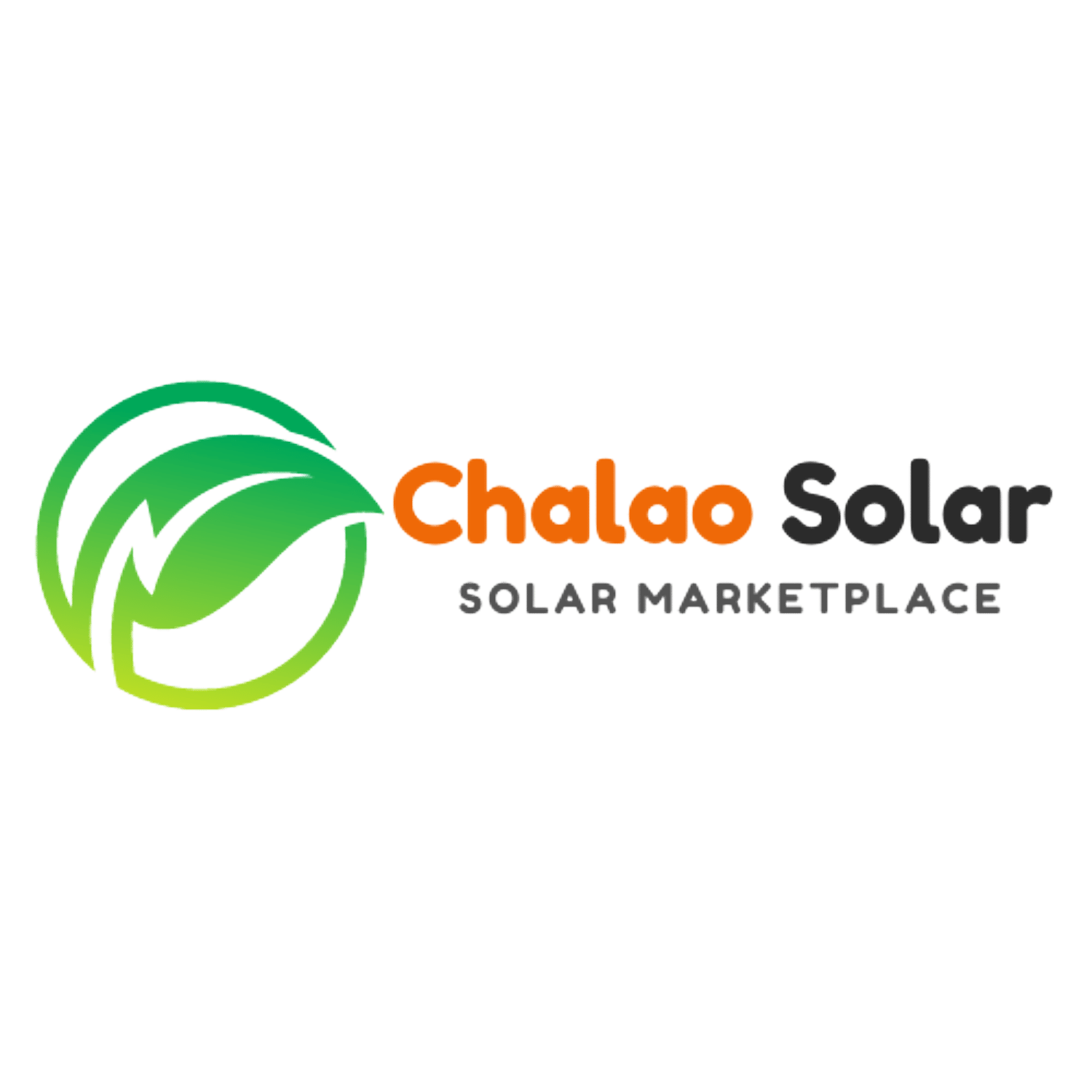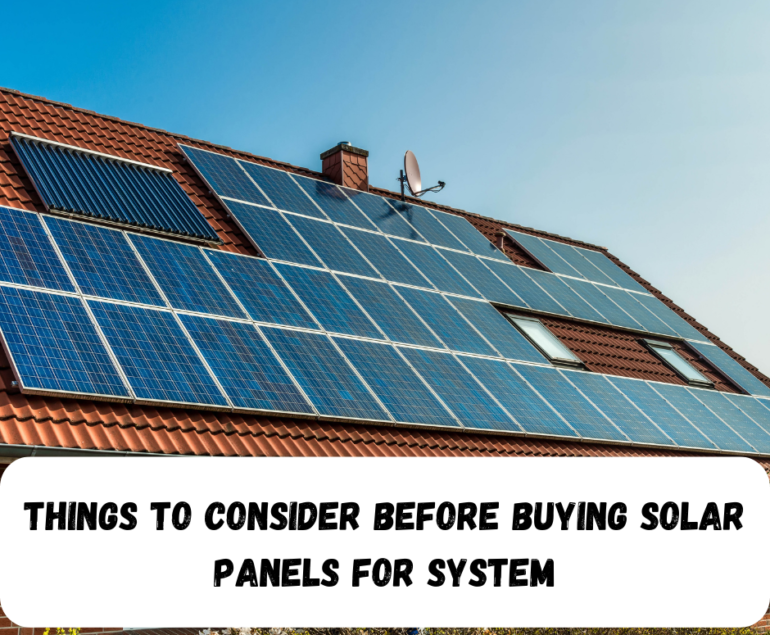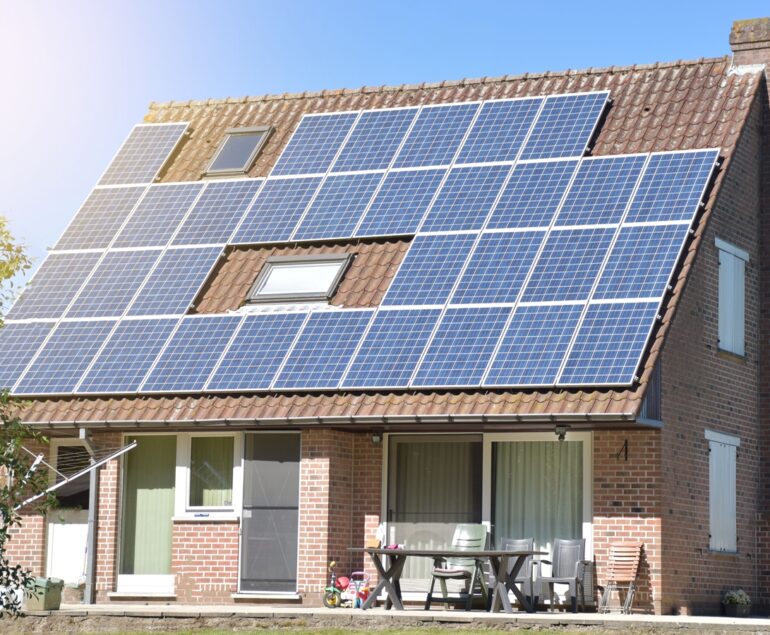Renewable energy has gained significant attention in recent years as concerns about climate change and environmental sustainability continue to grow.
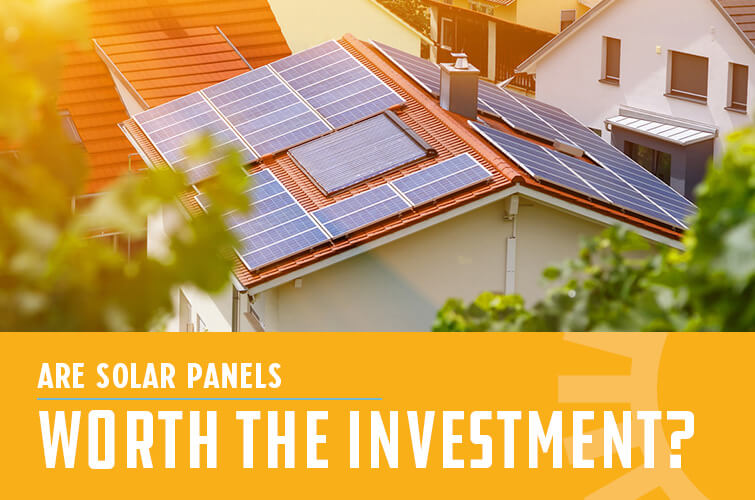
Solar panels, in particular, have emerged as a popular option for individuals and businesses looking to reduce their carbon footprint and save on energy costs. But are solar panels truly worth the investment?
In this article, we will explore the benefits, factors to consider, government incentives, installation process, success stories, misconceptions, and future trends surrounding solar panels.
Introduction
In today’s world, where the demand for energy is constantly increasing and the effects of fossil fuel consumption are becoming more apparent, the importance of renewable energy sources cannot be understated.
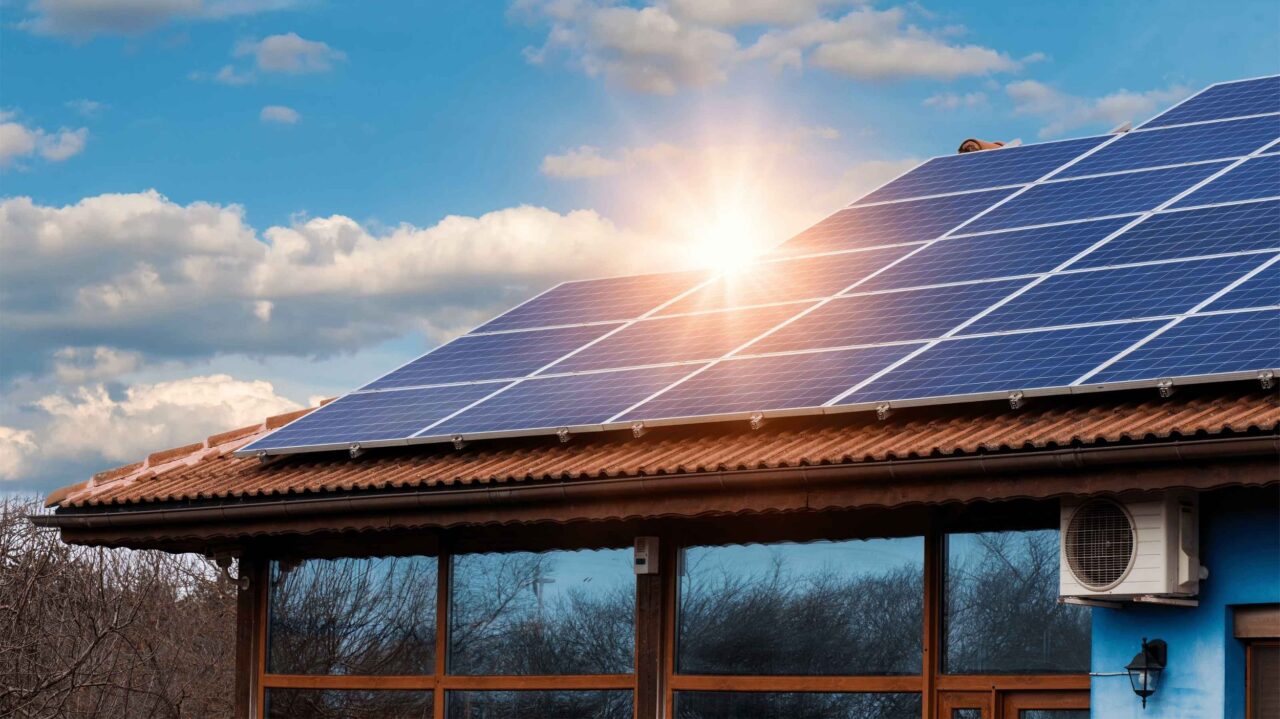
Solar energy, harnessed through the use of solar panels, offers a clean and sustainable solution to meet our power needs. As a result, there has been a surge of interest in solar panels as a means to generate electricity while minimizing the negative impact on the environment.
What are Solar Panels?
Solar panels, also known as photovoltaic (PV) panels, are devices that convert sunlight into electricity. They consist of solar cells, typically made of silicon, which absorbs photons from the sun’s rays and generate an electric current.
This direct current (DC) is then converted into alternating current (AC) using an inverter, making it compatible with the electrical grid or for direct use in homes and businesses.
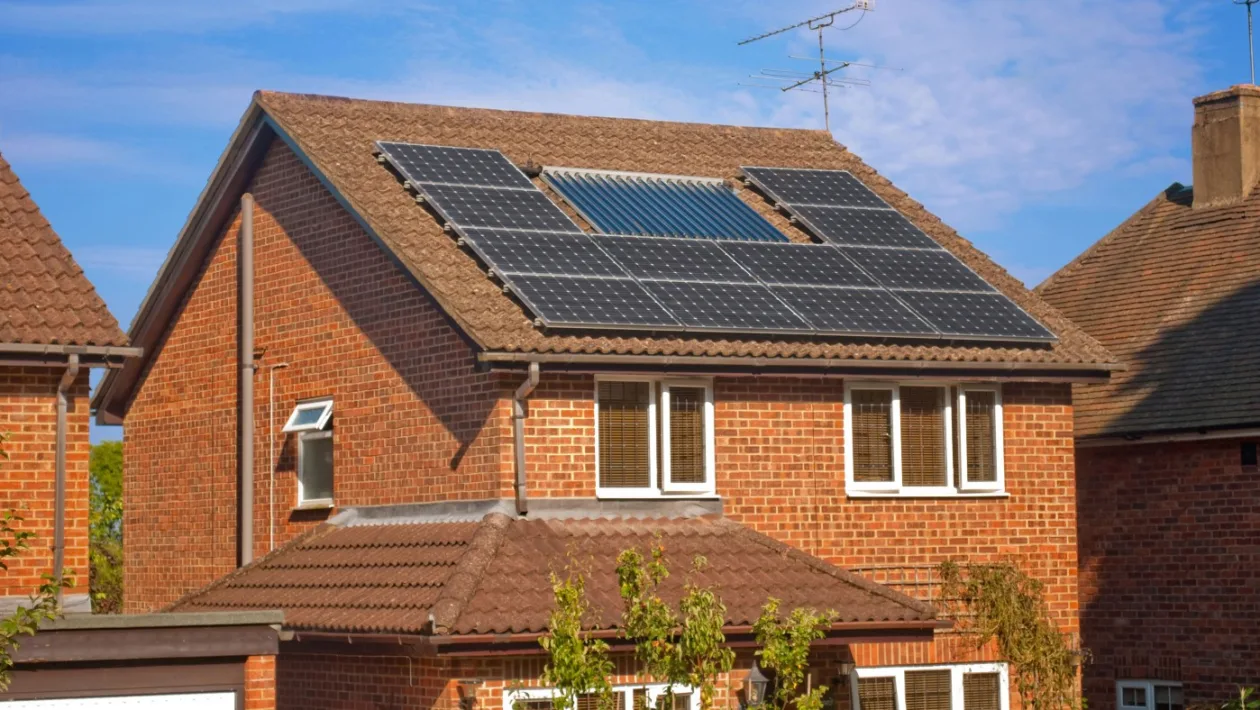
There are different types of solar panels available, including monocrystalline, polycrystalline, and thin-film panels. Monocrystalline panels are known for their high efficiency but come at a higher cost, while polycrystalline panels are more affordable but slightly less efficient. Thin-film panels, on the other hand, are flexible and can be used in various applications but have lower efficiency levels.
Benefits of Solar Panels
Environmental Benefits
One of the primary advantages of solar panels is their positive impact on the environment. Unlike traditional energy sources, such as coal or natural gas, solar energy is clean and renewable. Solar panels produce electricity without emitting greenhouse gases or other harmful pollutants that contribute to air pollution, smog, and climate change.
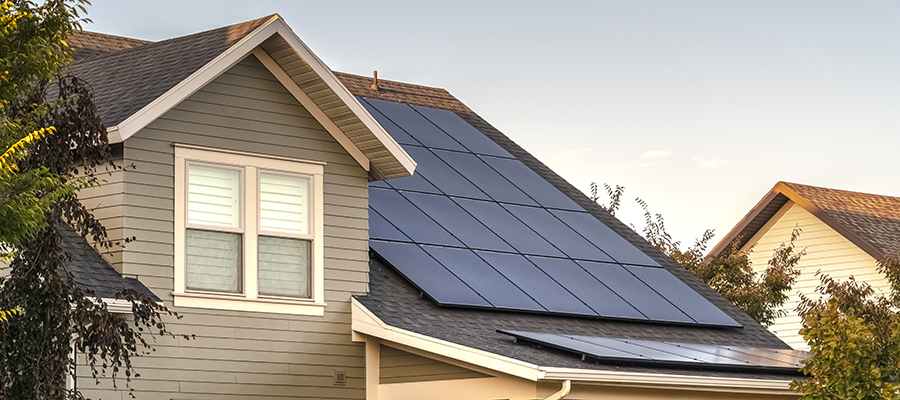
By investing in solar panels, individuals and businesses can significantly reduce their carbon footprint and contribute to a more sustainable future for the planet.
Cost Savings
Another compelling reason to consider solar panels is the potential for long-term cost savings. While the initial investment in solar panel installation may seem significant, it is important to consider the long-term financial benefits.
Once installed, solar panels generate electricity at no additional cost, unlike traditional electricity sources that are subject to price fluctuations. Over time, this can lead to substantial savings on electricity bills, especially as energy costs continue to rise.
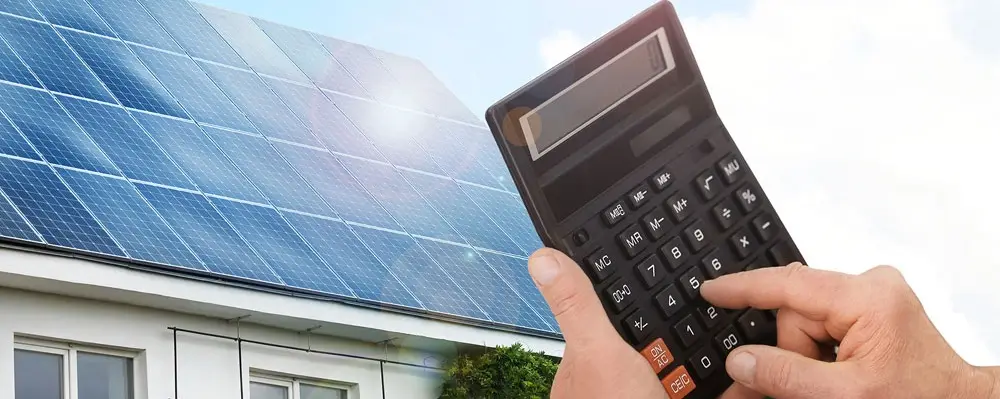
Furthermore, some regions offer incentives and programs that allow solar panel owners to sell excess electricity back to the grid. This process, known as net metering, not only offsets electricity costs but can also result in receiving credits or payments from the utility company.
Energy Independence
Solar panels provide individuals and businesses with a degree of energy independence. By generating their own electricity, they become less reliant on the electrical grid and its associated infrastructure. This is particularly beneficial during power outages or emergencies when the grid may be disrupted.
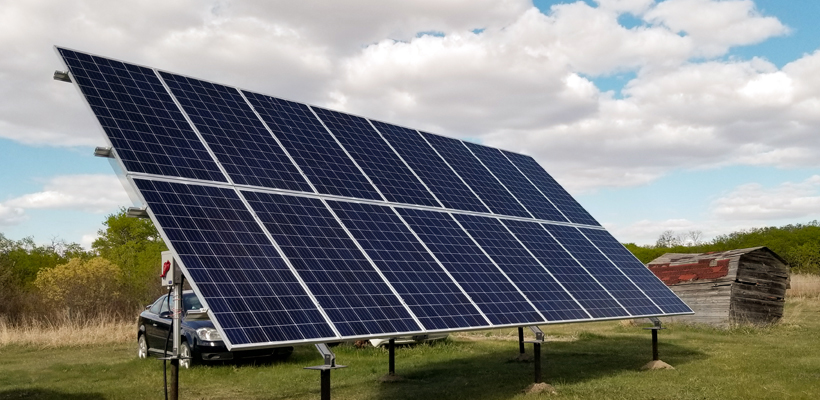
With solar panels and battery storage systems, homeowners can maintain a consistent power supply, ensuring essential appliances and systems remain operational.
Factors to Consider Before Investing
Before making the decision to invest in solar panels, there are several factors that individuals should consider:
Location and Climate
The effectiveness of solar panels is influenced by geographical location and climate. Regions with ample sunlight throughout the year, such as sunny desert areas, are ideal for solar energy production. However, even in areas with less sunshine, solar panels can still generate a significant amount of electricity.
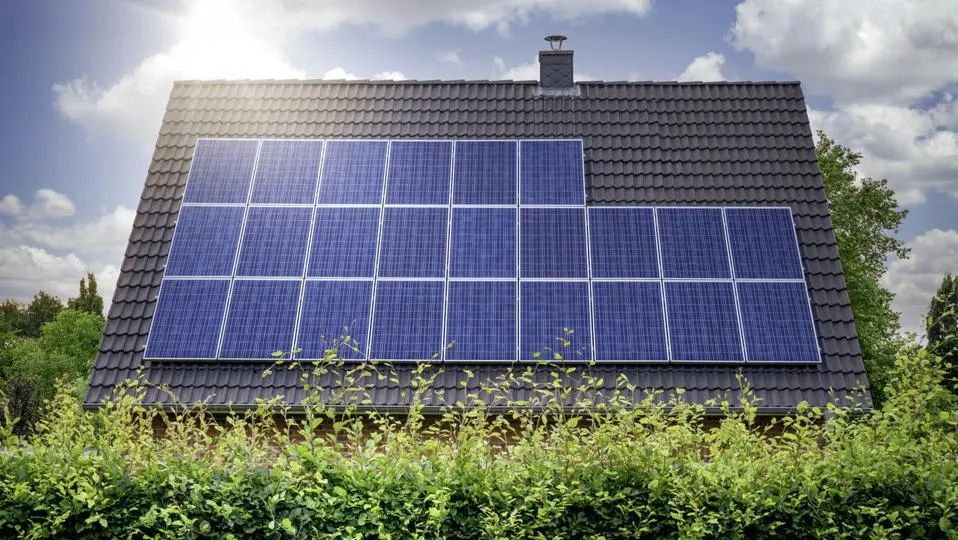
It is important to assess the solar potential of the specific location and consider factors such as shading from trees or nearby structures.
Initial Costs and Return on Investment
The upfront costs of installing solar panels can vary depending on the size of the system and the complexity of the installation. It is essential to evaluate the return on investment (ROI) and calculate how long it will take to recoup the initial costs through energy savings.
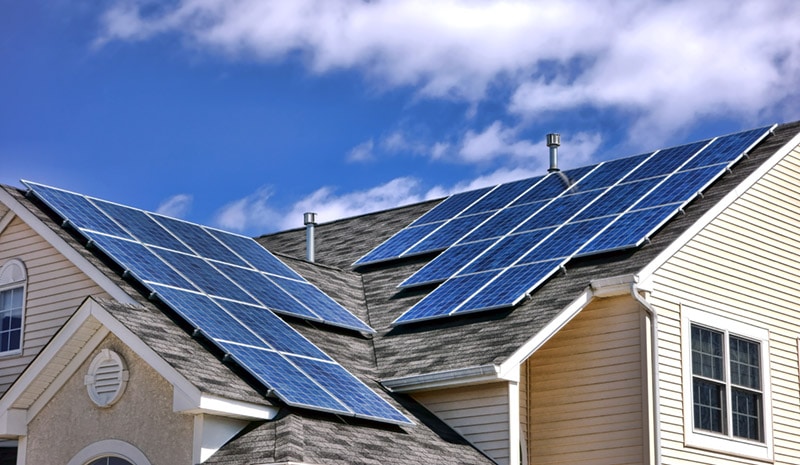
In many cases, solar panel systems pay for themselves over time, providing a reliable source of energy and reducing reliance on traditional electricity sources.
Maintenance and Lifespan
Solar panels are generally low-maintenance, but they still require periodic cleaning and inspection to ensure optimal performance. It is important to consider the maintenance requirements and factor in any additional costs associated with cleaning or repairs.
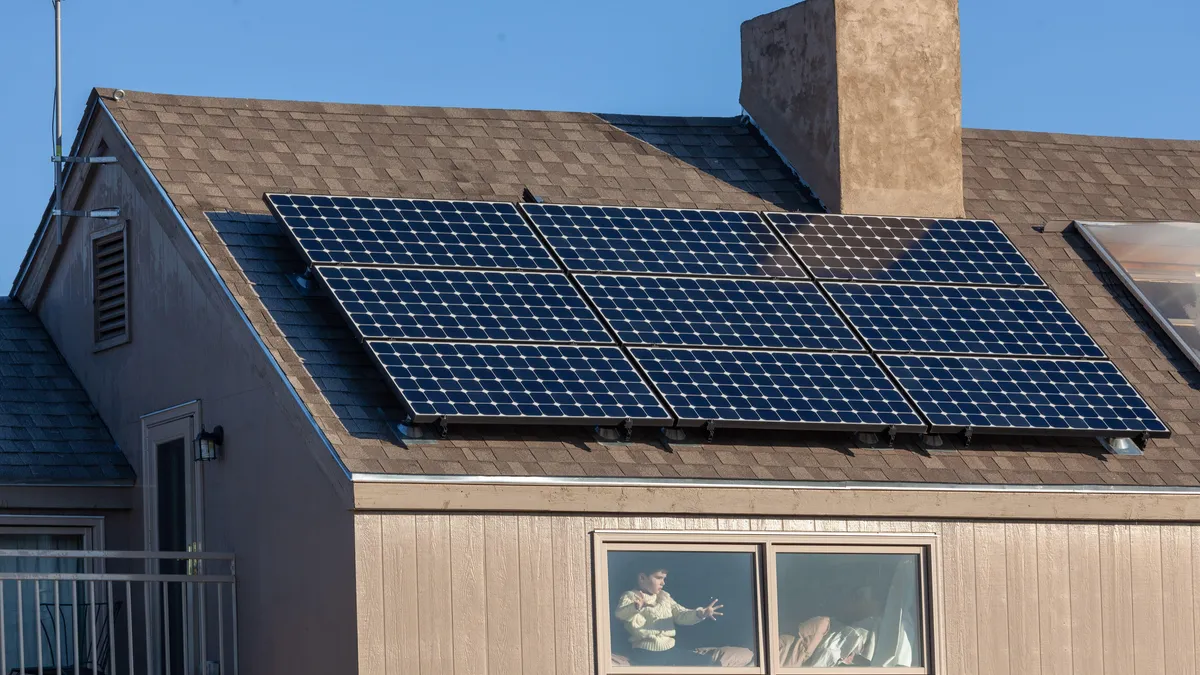
Additionally, solar panels have a lifespan of around 25-30 years, so it is crucial to assess the warranty and durability of the panels before making a purchase.
Government Incentives and Support
Governments at various levels often provide incentives and support to promote the adoption of solar panels. These incentives can significantly reduce upfront costs and make solar energy more accessible to a wider audience. Some common forms of government support include:
Tax Credits and Rebates
Many governments offer tax credits or rebates to individuals and businesses that invest in solar panels. These financial incentives can help offset a portion of the installation costs, making solar energy more affordable.
Net Metering Policies
Net metering policies allow solar panel owners to feed excess electricity back into the grid, effectively spinning their electric meter backward. This enables them to receive credits or payments from the utility company, further reducing the overall cost of electricity.
Grants and Subsidies
In some cases, governments provide grants or subsidies to support the adoption of solar panels, particularly in areas where renewable energy is a priority. These financial incentives can significantly reduce the upfront investment and accelerate the transition to solar energy.
Solar Panel Installation Process
The installation process for solar panels typically involves the following steps:
Site Assessment and Design
Before installation, a site assessment is conducted to evaluate the suitability of the location for solar panel installation. Factors such as roof orientation, shading, and available space are taken into consideration. Based on the assessment, a customized solar panel system design is created to maximize energy production.
Permits and Regulations
Obtaining the necessary permits and complying with local regulations is an essential part of the installation process. This ensures that the solar panel system meets safety standards and is in compliance with building codes. Working with a reputable solar installer can help navigate through the permit application process smoothly.
Panel Installation and Connection
Once the permits are obtained, the solar panels are installed on the roof or in the designated area. The panels are securely mounted, and the electrical wiring is carefully connected to the existing electrical system of the property. This requires the expertise of trained professionals to ensure the proper installation and connection of the system.
Case Studies and Success Stories
Numerous case studies and success stories highlight the benefits and positive impacts of solar panel installations. These examples showcase how individuals and businesses have successfully embraced solar energy, realizing financial savings and environmental benefits. From residential homes to commercial buildings and even entire communities, solar panels have proven to be a worthy investment.
For instance, a residential homeowner in California was able to eliminate their electricity bill entirely by installing solar panels on their rooftop. Not only did they achieve energy independence, but they also saved thousands of dollars on energy costs over the years.
Similarly, a small business in Germany installed a solar panel system on its premises and experienced a significant reduction in operating expenses. The electricity generated by the panels not only powered their operations but also allowed them to sell excess electricity back to the grid, generating additional income.
These success stories demonstrate the tangible benefits of investing in solar panels and serve as inspiration for others considering this renewable energy option.
Common Misconceptions about Solar Panels
Despite the growing popularity and proven benefits of solar panels, there are still some misconceptions that persist. It is important to address these misconceptions and provide accurate information to help individuals make informed decisions.
Here are a few common myths:
Myth busting about Efficiency and Performance
One misconception is that solar panels are not efficient enough to generate significant electricity. However, advancements in solar technology have greatly improved the efficiency of panels, allowing them to produce ample electricity, even in moderate sunlight conditions. It is important to consider the specific energy needs and the size of the solar panel system to ensure optimal performance.
Debunking Concerns about Aesthetics and Durability
Another myth is that solar panels are unsightly and can damage the roof. In reality, modern solar panels are designed to be aesthetically pleasing, with sleek and low-profile designs. Additionally, solar panels are durable and built to withstand various weather conditions, including wind, rain, and snow. They are tested and certified to meet industry standards for durability and performance.
Future Trends and Advancements in Solar Technology
As technology continues to evolve, the future of solar panels looks promising. Advancements are being made to improve their efficiency, affordability, and integration capabilities.
Here are a few key trends to watch for:
Improvements in Efficiency and Affordability
Researchers and manufacturers are continuously working on enhancing the efficiency of solar panels. New materials, such as perovskite, are being explored to achieve higher conversion rates and reduce manufacturing costs. These advancements will make solar panels more efficient and accessible to a wider range of consumers.
Integration with Smart Home Systems
Solar panels are increasingly being integrated with smart home systems, allowing homeowners to monitor and control their energy consumption more effectively. Smart technologies enable optimized energy management, allowing homeowners to maximize energy savings and reduce wastage. This integration also opens up possibilities for future innovations, such as energy storage solutions and grid integration.
Solar Panels Worth the Investment:
Solar panels are indeed worth the investment for individuals and businesses seeking clean energy solutions, cost savings, and energy independence. The environmental benefits of solar panels, including reduced carbon emissions and a smaller ecological footprint, align with the growing concerns about climate change and sustainability.
Benefits:
Solar panels also offer significant cost savings over the long term. While the initial investment may seem substantial, the ability to generate electricity at no additional cost can lead to substantial savings on energy bills. Additionally, government incentives such as tax credits, rebates, and net metering policies further contribute to the financial viability of solar panel installations.
Affecting Factors:
Before investing in solar panels, it is essential to consider factors such as location, climate, and initial costs. Assessing the solar potential of the specific location and evaluating the return on investment helps determine the feasibility and financial benefits. Maintenance requirements and the lifespan of solar panels should also be taken into account.
Government Incentives:
Government support and incentives play a crucial role in promoting the adoption of solar panels. Tax credits, rebates, and grants reduce the upfront costs, making solar energy more affordable and accessible to a wider audience. Net metering policies enable solar panel owners to offset their electricity costs and even earn credits or payments from the utility company.
Installation Process:
The installation process involves site assessment, design, obtaining permits, and securely mounting the solar panels. Hiring trained professionals ensures the proper installation and connection of the system, adhering to safety standards and building codes.
Success Stories:
Numerous case studies and success stories demonstrate the tangible benefits of solar panel installations. From residential homes to commercial buildings, solar panels have provided energy independence, reduced operating expenses, and generated additional income. These examples inspire and encourage others to embrace solar energy.
Misconceptions:
It is important to address common misconceptions surrounding solar panels, such as concerns about efficiency, performance, aesthetics, and durability. Advancements in solar technology have debunked these myths, offering more efficient panels with sleek designs and enhanced durability.
Future Trends:
Looking ahead, the future of solar panels is promising. Continued research and development focus on improving efficiency and affordability. Integration with smart home systems enables optimized energy management and opens doors for future innovations like energy storage and grid integration.
FAQs
Are solar panels suitable for all types of homes?
Yes, solar panels can be installed on various types of homes, including residential houses, apartments, and even mobile homes. However, a site assessment is necessary to determine the solar potential and design a system that fits the specific requirements.
How long does it take to recoup the initial investment in solar panels?
The payback period for solar panels varies depending on factors such as the cost of installation, energy consumption, and local electricity rates. On average, homeowners recoup their investment within 5 to 10 years through energy savings.
Can solar panels work on cloudy or rainy days?
While solar panels are most effective under direct sunlight, they can still generate electricity on cloudy or rainy days. However, the energy production may be lower compared to sunny conditions.
What happens if my solar panels produce more electricity than I consume?
In cases where solar panels produce more electricity than is consumed, the excess energy is typically fed back into the grid. This process is facilitated through net metering policies, allowing homeowners to receive credits or payments from the utility company.
Are there any disadvantages to installing solar panels?
While solar panels offer numerous benefits, it is important to consider a few potential drawbacks. These include the upfront costs, the need for sufficient sunlight exposure, and the space required for installation. Additionally, the maintenance and lifespan of solar panels should be taken into account, as well as any specific regulations or restrictions in your local area.
However, it is worth noting that the advantages of solar panels often outweigh these potential disadvantages. The long-term cost savings, environmental benefits, and energy independence they provide make them a compelling investment for many homeowners and businesses.
Conclusion:
In conclusion, solar panels worth the investment for those seeking clean, renewable energy solutions. The environmental benefits, cost savings, and energy independence make them a compelling choice. With government incentives, improved technology, and success stories showcasing their effectiveness, solar panels are a sustainable investment for a brighter future.
With advancements in technology and government support, solar panels are becoming more accessible and affordable. By harnessing the power of the sun, individuals and businesses can contribute to a greener future while enjoying the benefits of clean energy.

